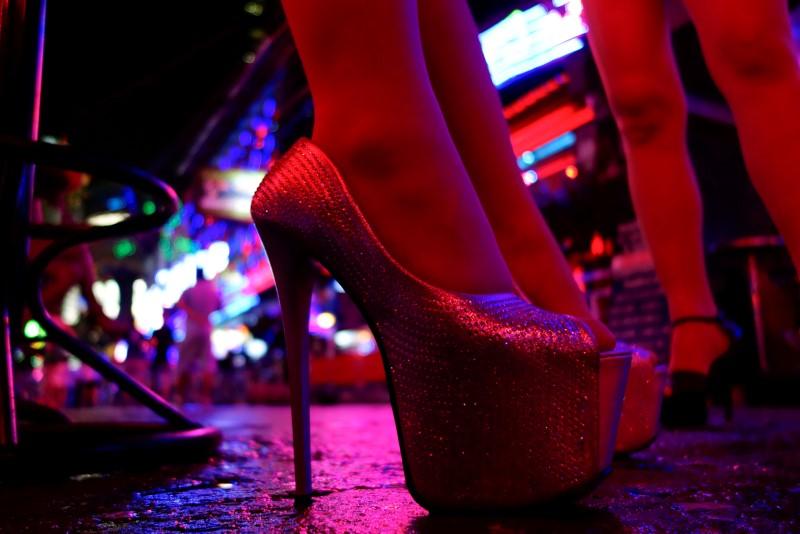A deputy chairman of Vietnam’s lawmaking National Assembly said the country’s upcoming special administrative and economic zones should be allowed to host businesses illegal elsewhere nationwide, including the 'red-light districits'.
The proposal of deputy chairman Phung Quoc Hien came during the legislative body’s discussion on the Law on Special Administrative-Economic Units on Monday, local news site Dan Tri (Intellectual) reported on Tuesday
The law is expected to lay the groundwork for the establishment of Vietnam’s first special zones – Phu Quoc, Van Don and Van Phong – which will function as a new model for the Southeast Asian country to stimulate growth and lure foreign investment.
The Phu Quoc special administrative and economic zone will be developed on the namesake island off the southern province of Kien Giang, whereas the Van Don will be located in the northern province of Quang Ninh, and Van Phong in the south-central province of Khanh Hoa.
Dan Tri quoted Hien as saying at the NA session that current policies and mechanisms proposed to be incorporated in these zones were still boxed inside a management mindset that had existed for 30 years.
Such proposals include an extension of land lease period to 99 years, and simplification of paperwork for businesses.
In order to truly unleash the full potential of these zones, they should be allowed to host businesses that are outlawed elsewhere in Vietnam, such as casinos and “even red-light districts,” Hien was quoted as saying by Dan Tri, referring to areas where prostitutions are allowed.
Tran Chi Dung, director of Kien Giang Department of Tourism, said the proposal tackled a “sensitive topic” in Vietnam that required more in-depth discussion during his interview with Tuoi Tre (Youth) newspaper on Tuesday.
“It is clearly a sensitive topic in the context of Vietnam’s society,” Dung said. “The question of whether to allow casinos in Phu Quoc alone has been heatedly debated, let alone the legalization of prostitution. I don’t think the problem is as simple as it sounds.”
According to Dung, current Vietnamese laws consider prostitution a crime, and prostitutes are subject to administrative fines.
In a social and cultural sense, he added, sex is considered a taboo topic in Vietnam, a country strongly influenced by oriental values.
Though acknowledging that prostitution still existed in the Vietnamese society, Dung said to publicly recognize it was another story.
“In my opinion, experts and policy makers should spend more time mulling over this issue and listening to public feedback before further steps are taken,” Dung said.
Like us on Facebook or follow us on Twitter to get the latest news about Vietnam!






















































